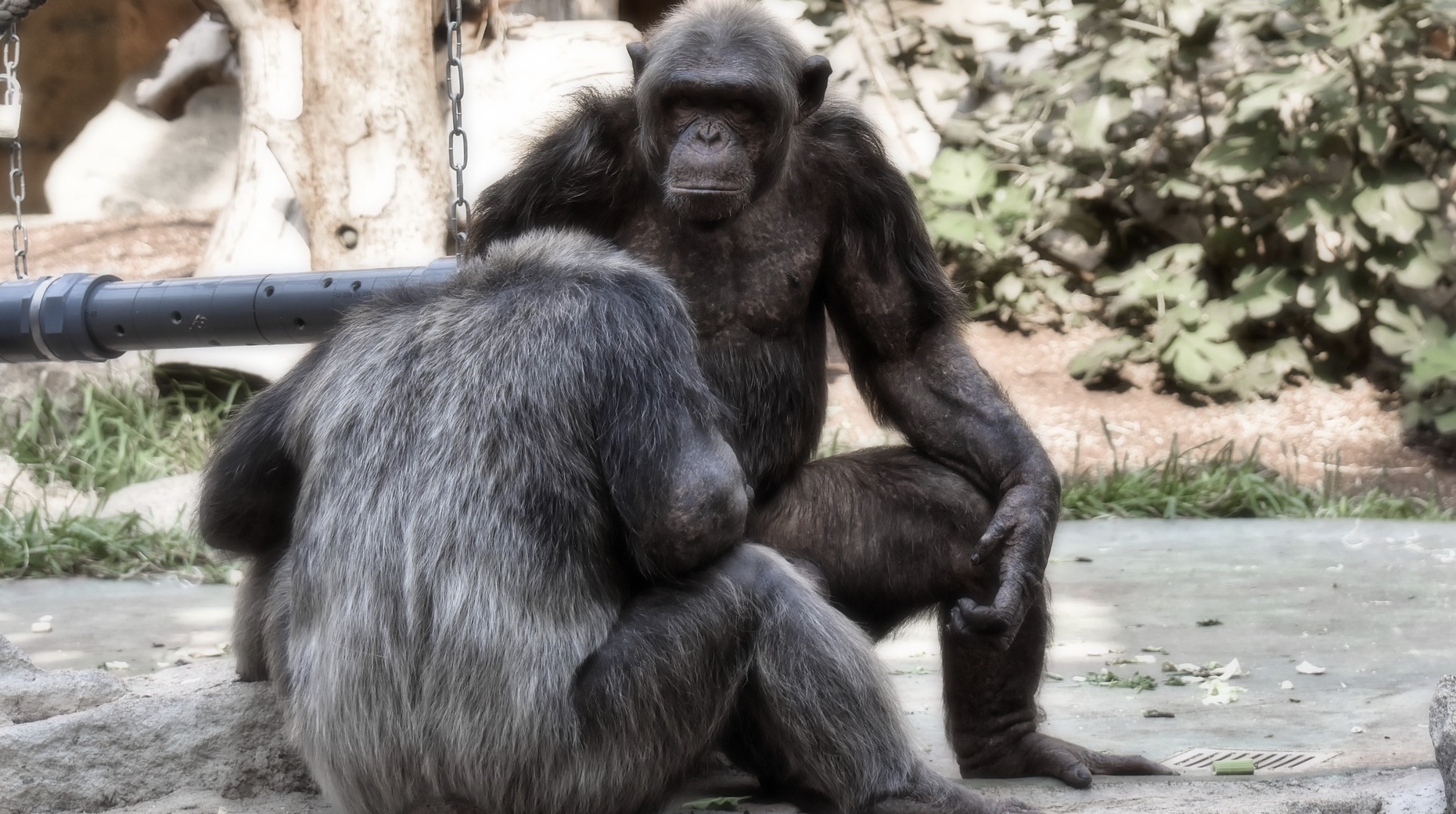 Culture & Ethics
Culture & Ethics
 Evolution
Evolution
A College Student Gets Educated on Darwinian “Morality”

A got an email from a college student who described some of his experiences in a course about ethics, learning about the origins of morality. The curriculum is straight updated Darwin. It’s amazing stuff. He refers to the movie God’s Not Dead, which features what you might think is an over-the-top portrayal of an atheist instructor. Not so!
When I first watched God’s Not Dead, I thought the portrayal of the militant atheist professor was somewhat of an exaggeration, for dramatic effect. That is, until I went back to college myself. In taking an ethics class, I expected an emphasis on moral relativism and situational ethics, but I wasn’t prepared for the new twist on morality.
The first assignment in the class was to read required materials, titled respectively, “Morality is not in need of a belief in a deity,” and “Do Our Values Come from God? The Evidence Says No.”
The latter is an essay by the late atheist physicist Victor Stenger, There were no pro-theistic moral arguments or articles presented in the curriculum.Other “recommended readings” included a book by Dr. Stenger, God: The Failed Hypothesis: How Science Shows That God Does Not Exist.
One lesson covered how the student is to think about “moral intuitions.” According to the lesson, we can, “if we choose, act contrary to them. We can do this without blasphemy, because it is our own nature, not God, that is the source of our species morality.” The lesson then posed this question: “Does a society need a belief in a deity for a sense of what makes an action morally good? The answer must be, NO!”
I felt like I was in a Marxist or Nietzschean “God’s dead” reeducation camp. The message was clear: Don’t even think that morality can come from a divine source: “The answer must be, NO!” I imagined my classmates, after getting inundated with one article after another on atheistic ideology, wondering, “So if the concept of morality doesn’t come from God, where does it come from?”
The lesson had a ready answer: “If human morals and values do not arise out of divine command, then where do they come from? A considerable literature exists on the possible natural (biological, cultural, evolutionary) origins of morality.”
Just in case the student missed that important point, it’s repeated in another section: “If morality, then, is not founded on the dictates of some divine source, from where does it arise? Perhaps it is perfectly natural. In The Descent of Man, Charles Darwin addressed the development of a moral sense from a naturalistic perspective.”
The lesson continued, “READ: ‘Scientist Finds the Beginnings of Morality in Primate Behavior,’” pointing us to a New York Times article by Nicholas Wade. The article cites primatologist Frans de Waal who “sees human morality as having grown out of primate sociality.” Of evolutionary biologists, Wade notes, “They further believe that if morality grew out of behavioral rules shaped by evolution, it is for biologists, not philosophers or theologians, to say what these rules are.” Listen up, students!
In this and many other courses I have taken, when questions of biological origins come up, only research that supports a naturalistic cause (naturalistic materialism) is allowed in discussions. It seems that many educators today have unstated (or even stated) “rules” that science and the social sciences should exclude any and all references to an intelligent agent acting in nature.
In the study of evolutionary ethics, primate “morality” is the focus. Or, again, as our class curriculum expressed it, quoting philosopher Timothy Madigan, “Our moral sense involves looking not toward heaven, but rather toward our fellow members of the animal kingdom, particularly the three great apes.”
I had a flashback to a nature documentary I saw once. A chimp was fatally cracking another chimp over the head with an improvised club. I remember watching as the alpha chimp casually went back to business foraging leaves. It was the type of behavior featured in a BBC News article I read, “Murder ‘comes naturally’ to chimpanzees.” It was hard to see any signs of remorse, or pangs of conscience. It was just another day in Darwin’s evolving moral jungle.
“Primate morality” is evident in the actions of Hitler and Stalin, both influenced by Darwinism. That’s certainly not the kind of evolved morality mentioned in the lesson. On the other hand, it seems the more our own culture traces morality to animals, the more our morality becomes primal, which should come as no surprise.
If anything, the professor in God’s Not Dead sounds like a softie compared to what this student experienced. And he’s right about the origins of totalitarian ideology, as Michael Egnor and I noted in recent posts, here and here. The student, who attends a public university, is worried about how this kind of indoctrination bodes for the future. I am too.
